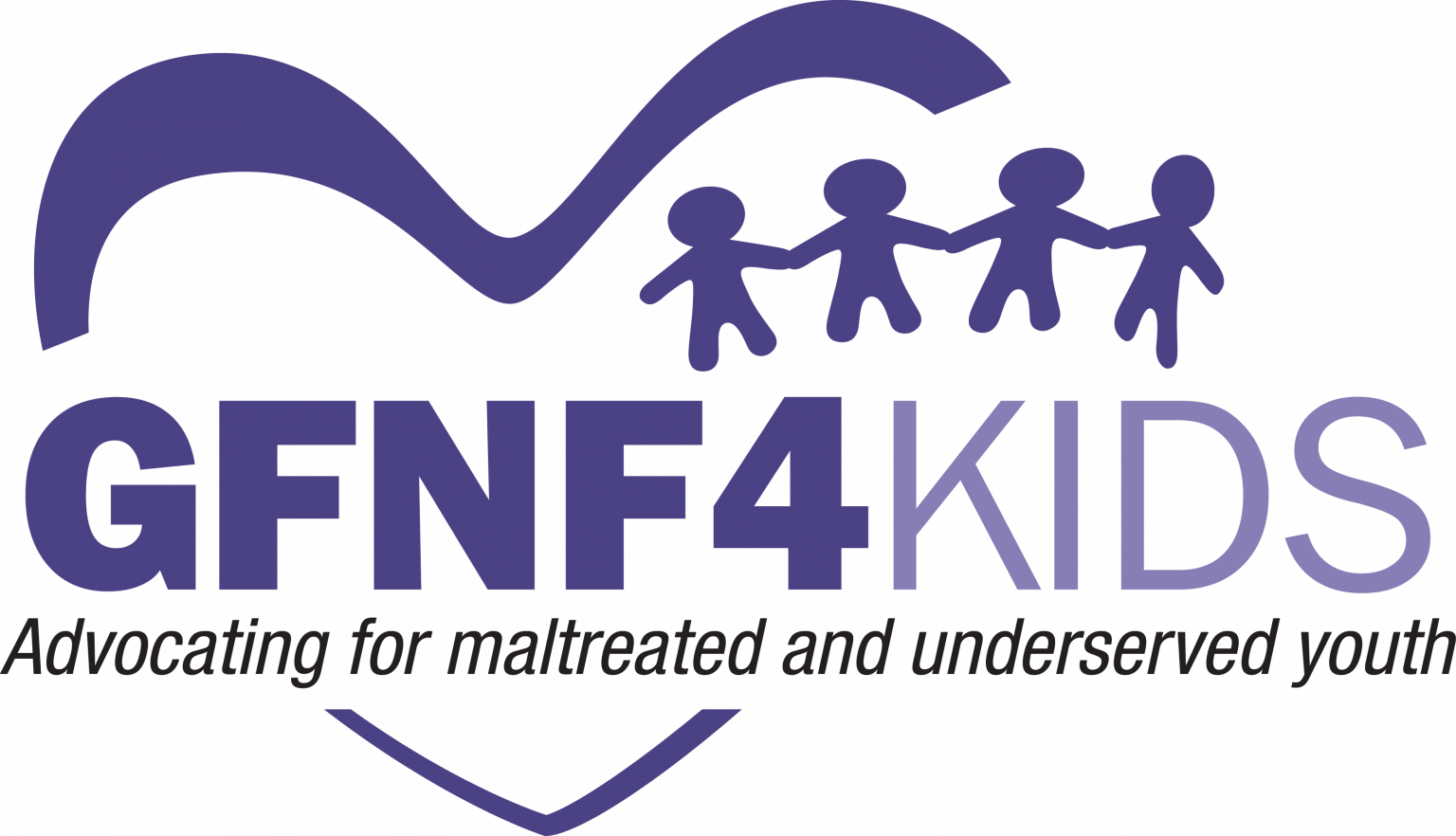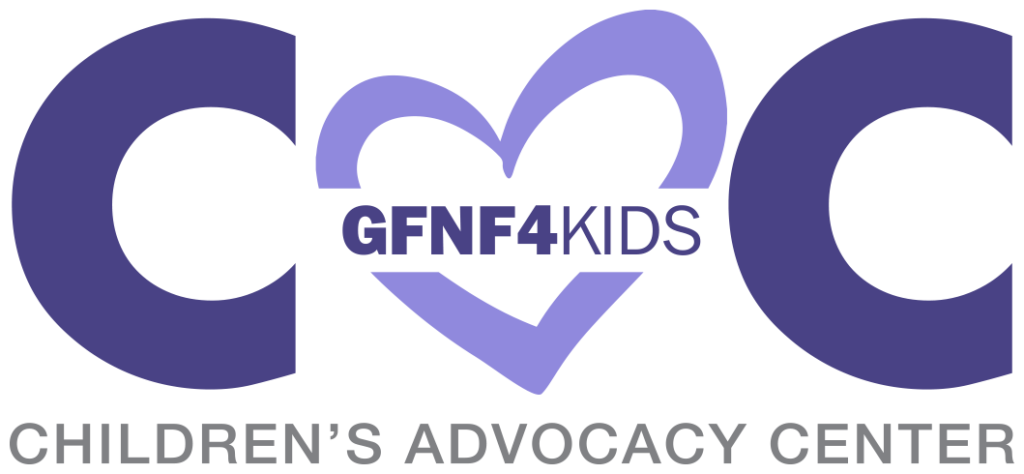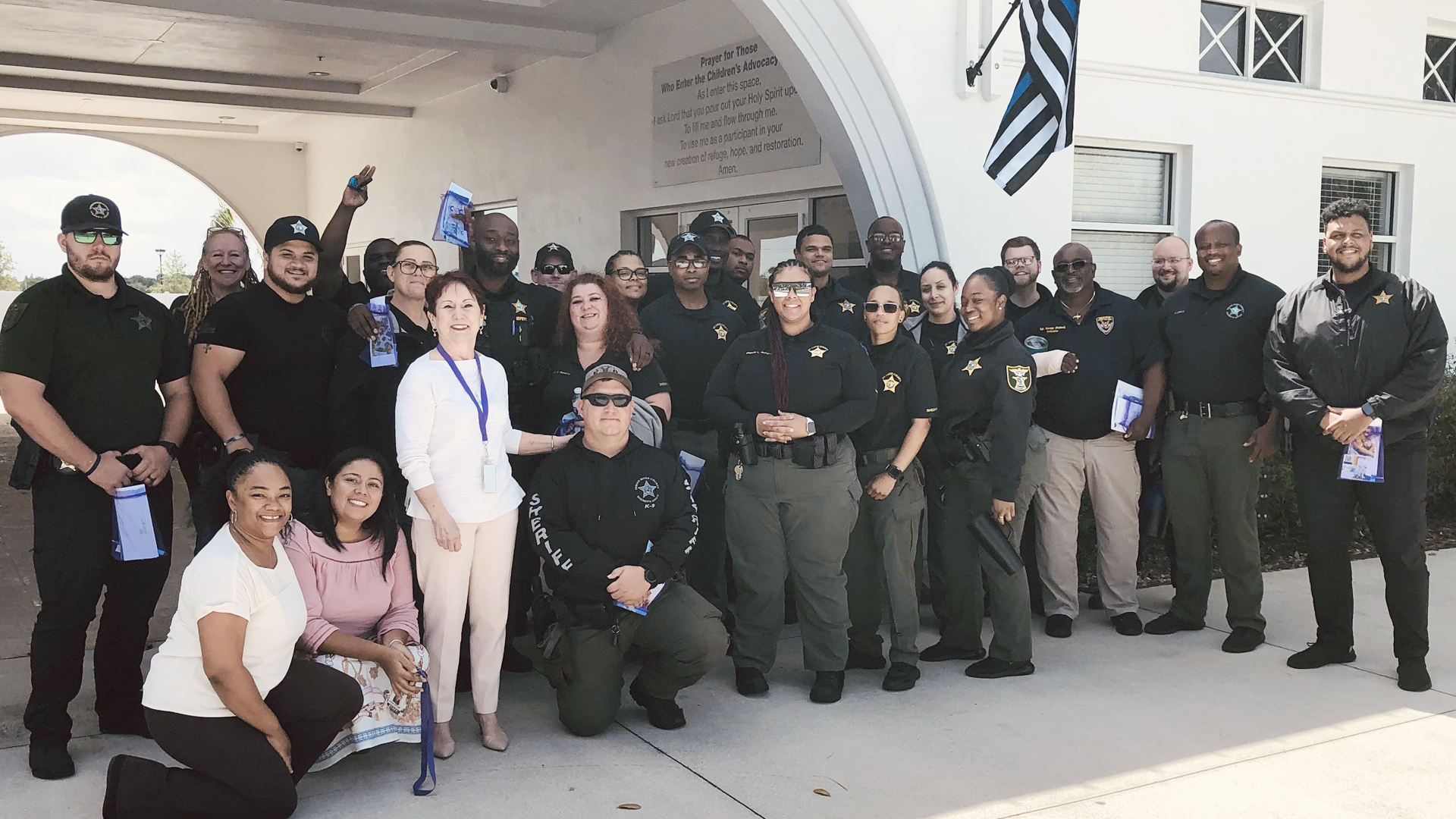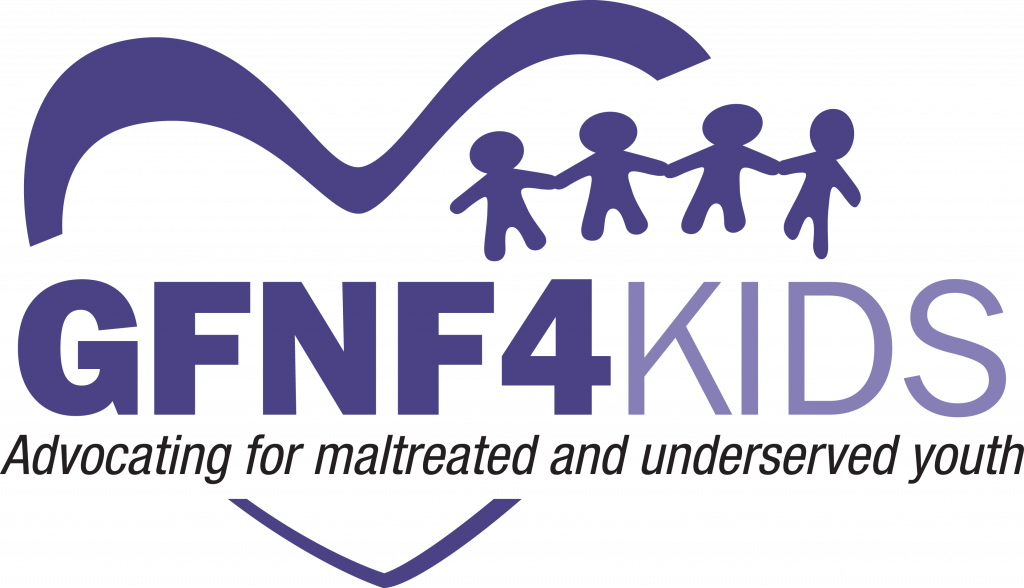January is Human Trafficking Prevention Month, a time when we redouble our efforts to combat this global scourge. Human trafficking, often termed modern-day slavery, involves the use of force, fraud, or coercion to obtain some type of labor or commercial sex act. It’s a crime that knows no borders, affecting millions of men, women, and children worldwide. The 2023 film released this summer, “Sound of Freedom”, contributes significantly to public education, opening our eyes to the realities that many prefer to ignore.
Starring Jim Caviezel, the film tells the true story of Tim Ballard, a former U.S. government agent who quits his job to dedicate his life to rescuing children from global sex traffickers. Its impact lies not just in its storytelling, but in its capacity to raise awareness and inspire action.

To further enhance awareness and prevention, it’s vital to recognize the signs of trafficking and to know what questions to ask. Here are some pivotal inquiries that could uncover a potential trafficking situation:
-
Basic Personal Questions: Asking about someone’s origin, family background, living conditions, and work can reveal inconsistencies or signs of control. Questions like “Where are you from?” or “Where do your parents live?” can be starting points.
-
Work and Financial Conditions: Questions about employment and financial conditions can highlight exploitation. “Are you getting paid for your job?” and “Do you owe money to your employer?” can indicate whether someone is working under duress.
-
Health and Welfare: Inquiring about someone’s health and welfare, such as “Have you been physically harmed recently?” or “Do you feel safe where you live and work?” can reveal abuse or neglect, often common in trafficking situations.
-
Freedom of Movement and Decision: Questions like “Are you free to come and go as you please?” or “Are you doing things against your will?” can uncover restrictions on freedom, a red flag for trafficking.
-
Safety and Security: Asking if someone feels threatened or afraid, as in “Are you afraid of anyone you live or work with?” can bring to light intimidation or coercion tactics used by traffickers.
-
Future Aspirations: Questions about future goals, such as “Where do you see yourself in ten years?” can provide insight into a person’s hopes and dreams, often stifled by trafficking.
These questions serve as tools to peel back layers that might otherwise hide trafficking situations. They should be asked with sensitivity and care, understanding the trauma that the victim might have experienced.
As we observe Human Trafficking Prevention Month, let us take inspiration from “Sounds of Freed” to stay vigilant, ask the right questions, and play our part in eradicating this global menace.
